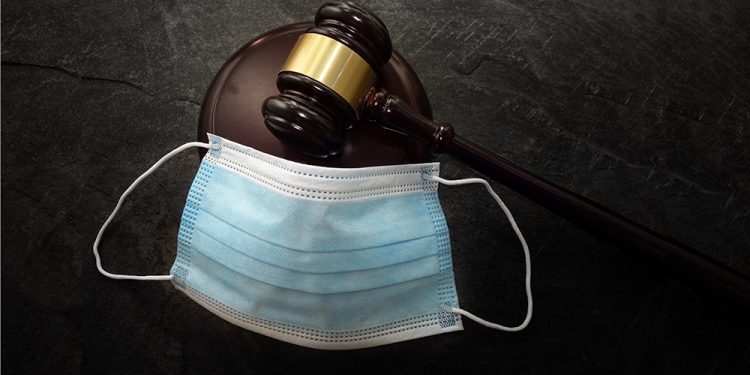Has success in rebuffing COVID
claims reduced the scope of income coverage?
Since 2020, courts have changed their tune. Why? We all know why: the COVID-19 pandemic.
By Joseph S. Harrington, CPCU
Attorney Richard P. Lewis of the law firm Reed Smith is an impressive individual. He and his colleague, Nicholas Insua, undertake to review and analyze every court ruling related to business income coverage in the United States—a tall order indeed.
Agents and brokers will be particularly concerned to learn, as Lewis reported in August 2024, that courts are limiting the scope of what constitutes “physical loss or damage” for purposes of triggering income coverage.
As Lewis explains, prior to 2020, physical damage to property did not always have to be present for income coverage to be triggered. In numerous jurisdictions, it could suffice that a property was suddenly exposed to a material condition that made it unsafe to use as it had been used previously (presumably under an open-perils cause of loss form).
Citing numerous cases up into 2020, Lewis reports that income coverage was upheld in cases where (1) fallen rocks threatened but did not damage a building, (2) an infusion of fumes prevented occupancy, (3) a building was threatened by the collapse of a neighboring structure, and (4) damage to utility systems rendered undamaged mobile homes uninhabitable. (In the last case, the loss of the utility services was ruled to be physical loss or damage to the homes themselves.)
“In all of these cases, there was not tangible damage or alteration of property; what was lost was instead the use of property for its intended purpose,” Lewis writes.
Save the surplus
Since 2020, courts have changed their tune. Why? We all know why: the COVID-19 pandemic.
Courts were acutely aware that the entire surplus of the commercial property business would have been imperiled if pandemic conditions and government lockdowns had been found to trigger income coverage. So, with rare exceptions, courts sided with insurers in finding that the presence of a virus did not constitute physical loss or damage.
Having come down almost uniformly for the carrier position during the pandemic, courts appear to be locked into that logic. Lewis lists numerous cases since 2020 where courts have relied on rulings in COVID-19 cases to uphold denials of income coverage in a wide range of circumstances.
In his estimation, the trend amounts to a restriction of coverage from what prevailed earlier, a restriction affecting insureds of all sizes in all sectors, with no countervailing premium credit.
Producers may want to have a word with their regulators about that. They certainly need to have a word with their clients.
The author
Joseph S. Harrington, CPCU, is an independent business writer specializing in property and casualty insurance coverages and operations. For 21 years, Joe was the communications director for the American Association of Insurance Services (AAIS), a P&C advisory organization. Prior to that, Joe worked in journalism and as a reporter and editor in financial services.






